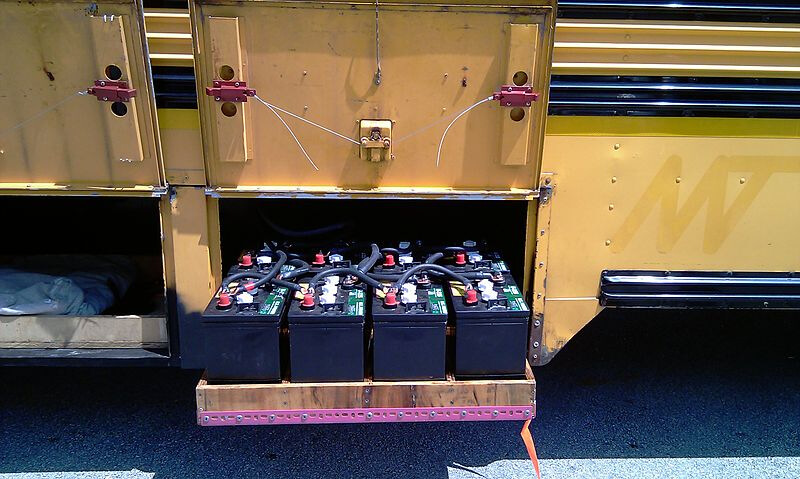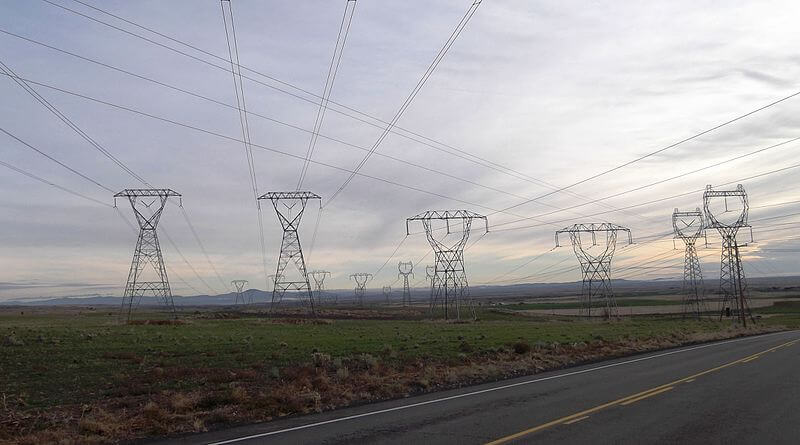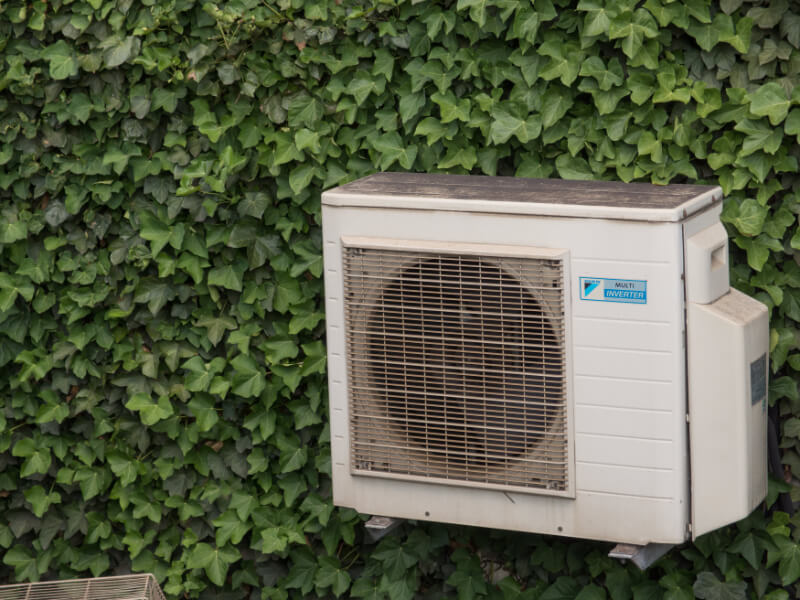Solar batteries are usually of two types – AC and DC batteries, and the difference between these two lie in their efficiency levels, as well as the manner in which they connect to the solar panels and grids. AC batteries will be more advantageous if you add it to your existing solar system, since it is more cost-effective than a DC battery. However, in the case of a new solar system, DC batteries will be a better addition to the system, as these are simpler to operate.
In this article, we will see what is the difference between AC and DC batteries, and try to find out which one is the best for you.
How solar homes use AC and DC electricity
DC, or direct current is the current that flows in a single direction, to provide the circuit with power. On the other hand, AC, or alternating current tends to flow in two directions and keeps switching frequently. AC electricity is mostly preferred in homes for various electrical appliances because it can be safely transmitted over long distances and is more affordable.
In most solar homes, the solar panels produce DC current – which flows into the solar inverter where it gets converted to AC electricity to be used by household appliances. Direct current is used by batteries as well, but they need to be connected to an inverter as well. Solar battery banks are useful, especially when there are frequent power outages in your locality.
DC-coupled solar batteries
If you have a home solar system and you install a battery alongside it, special equipment can be installed by the solar installer. This equipment works to connect the solar panels to a charge controller, and then gets connected to a battery bank. After that, a connection is made with the solar inverter, and ultimately the solar panels are connected to the main electrical panel in the home. This entire process is referred to as the DC-coupled battery back-up, because DC electricity is used to charge and discharge the battery.
1. Advantages of DC-coupled batteries:
- DC-coupled batteries tend to be more efficient in nature and performance. The reason for this high efficiency is that the DC is converted to AC only after the batteries are charged, and not any time before.
- Even when the grid is down or not functional, these batteries can be charged from the solar panels.
- You can install DC-coupled batteries as AC-coupled batteries, and many popular DC batteries make this option available. Put in a battery-based inverter between the battery and the main panel to achieve this.
2. Disadvantages of DC-coupled batteries:
- PV systems that use microinverters cannot use DC-coupled batteries, as it is not available for such inverters.
- In any case, if there is a failure in the inverter, both the solar panels and the batteries will stop functioning.
- It is very difficult to add DC-coupled batteries to an existing/already installed solar system.
AC-coupled solar batteries
For a very long time, only DC-coupled batteries were available, and those people with existing solar systems did not have a feasible way of getting any battery back-up. However, AC-coupled solar batteries have recently become available and are quite popular among such people. They require this power back-up to provide them with electricity during times of power cuts.
A DC-coupled battery makes no sense for anybody with a solar panel already attached to a grid-tie inverter or a microinverter. It would only mean replacing an already working system with another expensive new equipment – which is a complete waste of money. Instead, the solar energy system users can now simply purchase an AC-coupled battery, and install it with the existing solar energy system in place. With the AC battery, there is no complicated long process of converting the electricity and then reaching the main unit. This one comes with its own inverter, which means that the current directly reaches the appliances in the house. With special wiring, the solar panels or the grid can be used to charge the battery. It also acts as a back-up power, when the grid goes down and there is a power outage.
1. Advantages of AC-coupled batteries:
- AC-coupled batteries are accompanied by all the hardware that is required for it to function and hence, they can be easily installed in your home without the requirement of any separate installation.
- These batteries can be installed in a home with or even without solar panels. It works in all kinds of environments.
- The interruption in the operation of a single system does not interfere with another system. Thus, if the solar panels or inverter stops functioning, the battery can still keep running to provide you with electricity. Similarly, when the battery does not work, the solar panels keep functioning without any problems. This is not the case in DC-coupled batteries, as mentioned earlier.
2. Disadvantages of AC-coupled batteries:
- DC systems are far more efficient than AC systems, because when the battery needs to be charged, AC has to be converted to DC and then once again converted back to AC to be used by the appliances in the house.
- As mentioned earlier, these batteries come equipped with all additional hardware. While this can prove helpful and efficient, the downside is that it increases the chances of something going easily wrong with the battery.
Conclusion
In this article, we have tried to inform you about certain crucial factors that you must have knowledge about before investing in a solar power system. One of the main factors is the difference between AC and DC batteries that are used in solar systems. We have covered topics like how the two types of batteries function, their mechanism, the differences between the two, the similarities, and the advantages as well as disadvantages. Solar systems can prove to be highly beneficial for your home or any commercial building, if chosen properly and with a lot of care.
We hope this article helps you navigate your way through to find the perfect solar system for your home or understands your existing system better.
- 300 Watt Solar Panel Prices in India: 2023 - March 8, 2023
- 500 Watt Solar Panel Prices in India: 2023 - March 5, 2023
- Loom Solar Panel Price: 2023 - February 19, 2023



